Theodore McCombs: The Import of Le Guin's Critiques and Speeches
What if our dreams could change reality? That’s the rough premise of Ursula K. Le Guin’s The Lathe of Heaven (1971), but it’s also a fair description of the visionary impulse behind Le Guin’s fiction. To call her writing “political” is necessary, but not sufficient. Even “visionary” seems too ordinary for her. She dreamed whole realities whose very articulation on the page forced us to reexamine assumptions we took for granted, and to see new ways forward without them.
The best I can do is an extended metaphor from the history of geometry: for two thousand years, mathematicians tried to prove that Euclid’s fifth postulate could be derived from his first four. The most popular proof attempt was to assume the fifth postulate was false (and parallel lines could intersect), then work out some logical absurdity resulting from that assumption. But in the 19th-century, mathematicians started to realize that there was no absurdity, and a non-Euclidean geometry, though incredibly strange, was logically consistent.
That’s what Le Guin’s stories do: root out a piece of wisdom one takes as logical, and show it to be only an assumption, and one that the world can do well without. Her short story “Sur,” about an all-female Antarctic expedition, is a careful working out of a universe in which the unfitness of women for such a grueling adventure is vehemently not assumed. Her novel The Left Hand of Darkness takes gender away altogether, then works out how sexuality, love, ambition, cunning, virtue, and sin might exist unattached to a fixed gender. The Dispossessed is an extended fictional experiment in anarchism and anti-capitalism.
That curiosity for “other ways of being” was at the forefront in her justly famous speech at the 2014 National Book Award, where she accepted the Medal for Distinguished Contribution to American Letters:
“I think hard times are coming when we will be wanting the voices of writers who can see alternatives to how we live now and can see through our fear-stricken society and its obsessive technologies to other ways of being, and even imagine some real grounds for hope. We will need writers who can remember freedom—poets, visionaries—the realists of a larger reality.”
Resistance and change often begin in art, and very often in our art—the art of words.
Few dreamers have had the impact that Le Guin had on our world, and it is so much the poorer without her. But her example inspires us all to challenge ourselves and come up with a better one.
C.S. Peterson: A Wizard of Earthsea
A Wizard of Earthsea, published in 1968, was the first in what would eventually become Le Guin’s five-book Earthsea Cycle. I discovered it when I was ten, on the first day of summer vacation, on my first foray into our newly refurbished and restocked local library. There it was, in a display dedicated to new fantasy books. Up to that point I’d been on a steady diet of Judy Blume and C. S. Lewis. I gobbled up the first three books of the Earthsea Cycle (all there were at the time) like one starving. Visiting our current library after the sad news of Ms. Le Guin’s passing, I saw they had dedicated a whole shelf in the display cases to a celebration of her life’s work. There I discovered, much to my delight, that there were two more books in the Earthsea Cycle that I had never read.
The wizard in the cycle is Ged. He is not born a wizard, but a wild, quick-tempered boy on a remote and rural island in the archipelago of Earthsea, from whence the books get their name. He herds goats. Right away, Le Guin gives center stage to the power of spoken words. Ged hears his aunt use a rhyming spell to get a goat down from her roof. He tries the spell for himself in the pasture and the herd of goats immediately gather around him, staring at him in eerie silence. The power of words is what hooked me into the world of Earthsea. The key to magic there is not so much the use of a spell, or a device like a wand, but knowledge of the true name of a thing. In that world she creates the concept of “True Speech.” Everyone and everything has a true name, and those words, if known, give the speaker power over the bespoken.
First Ged has to learn to read and write in a different language, Hardic, which isn’t magical in itself but “has its roots in the ‘Old Speech,’ that language in which things are named with their true names.” The act of reading is magical as well. As when Ged reads out a spell and can’t lift his eyes from the page until he is finished. You know the feeling.
A Wizard of Earthsea is a classic hero’s journey. Ged is a proud and reckless youth who makes terrible mistakes and learns wisdom from dealing with the consequences. For me as a young reader, Le Guin’s book broke the fantasy literature color barrier. It was the first book I read that introduced concepts of Eastern philosophy, such as the idea of balance in a universal force. This was still five years before Star Wars broke on the scene. The magic in the world of Earthsea was new, certainly a different kind of world from Narnia.
But it is the power of words to shape a world and call its creatures that Le Guin hammers home again and again. If the words are false, so will the world be, and illusions can be cast upon the real. But with the True Speech, there is the power to know. Ged, adept at learning the tricks of the trade, becomes dissatisfied with illusions and wants to know how to turn a pebble into a diamond for real, not just until the illusion wears off:
“The old Master murmured one word, ‘Tolk,’ and there lay the pebble, no jewel but a rough grey bit of rock. The Master took it and held it out on his own hand. ‘This is a rock; “tolk” in the True Speech,’ he said, looking mildly up at Ged now.... ‘Illusion fools the beholder’s senses; it makes him see and hear and feel that the thing is changed. But it does not change the thing. To change this rock into a jewel, you must change its true name. And to do that, my son, even to so small a scrap of the world, is to change the world.... But you must not change one thing, one pebble, one grain of sand, until you know what good and evil will follow on that act. The world is in balance, in Equilibrium. A wizard’s power of Changing and of Summoning can shake the balance of the world. It is dangerous, that power. It is most perilous.’”
To make one thing into another is the quest of alchemy, and we have discovered it. It is fusion. The power to create gold out of another element was just observed in nature for the first time this past fall, when two neutron stars collided and sent waves of gravity crashing through the universe with such power that we felt them 130 million light-years away from the event. If the ancient alchemists had only known. But it is the alchemy of words that hold power in the world of Earthsea. Le Guin was a master of the magic of powerful, deeply considered words. Part of her mastery was respect for the power of words, whether or not the speaker was competent in their use. As for illusions and false names, “even foolery is dangerous in the hands of a fool.” How prescient.
Amanda Baldeneaux: Le Guin’s Novelette, Buffalo Gals, Won’t You Come Out Tonight
Le Guin’s novelette, Buffalo Gals, Won’t You Come Out Tonight, won a Hugo Award and a World Fantasy Award in 1988 and is now included in her collected short stories, The Unreal and The Real. Buffalo Gals arguably inspired the collection’s title, taking the reader on a journey with a child, Myra, who spends the months following a plane crash living in the desert with a band of animals. Or are they humans? Myra isn’t quite sure, and neither is the reader.
“You fell out of the sky,” the Coyote said, opening the story with a literal fall from one plane of existence into another: Myra has just survived a plane crash. Myra wakes to the attending coyote and the realization that she’d lost an eye. Myra follows Coyote “home,” baffled as Coyote shifts form between a woman to animal and back again. One moment Coyote is a yellow-grey furred creature on all fours, and the next a woman in denim and a white shirt, cooking salmon mush and peeing indiscriminately on things. Coyote hums a few lyrics from the song “Buffalo Gals Won’t You Come Out Tonight,” the tune made famous by James Stewart in It’s a Wonderful Life, and asks Myra if she is a “Buffalo Gal.” Myra is confused by the question, as anyone born after 1960 might be. A few Google clicks and I now know “Buffalo” refers to the city, and was sometimes substituted with other city names, based on what city the song was performed in. Coyote, living apart from the world of adult humans (just like the child), thinks it refers to literal Buffalo gals, animals Coyote once knew to roam the wilds alongside her, now gone. Coyote takes to calling Myra “Gal,” even after concluding Myra is fully human and will one day grow out of the wildness of childhood and into one of “them,” the New People, living apart and in conflict with nature.
Here’s the heart of the story: Myra was on a trajectory to soar out of the world of the unreal, of imagination and wildness and connection with nature into puberty and the sterile world of New People adulthood, but she refused, crash landing into the world of mythic animals. Le Guin grew up with anthropologists for parents, hearing Native American stories throughout childhood. In Buffalo Gals, elements of Native American myth—the Navajo trickster Coyote and the Hopi Spider Grandmother—are alive and living on the periphery of a society divorced from connection with animals and the land, culminating in a heartbreaking realization for Myra when she sees, for the first time, the cruelty and disconnection of the adult world she has no choice but to ultimately return to.
Of course, these musings on Le Guin’s views of adulthood and society are made moot by Le Guin’s own words in an interview with Jonathan White:
“Coyote is an anarchist. She can confuse all civilized ideas simply by trotting through. And she always fools the pompous. Just when your ideas begin to get all nicely arranged and squared off, she messes them up. Things are never going to be neat, that’s one thing you can count on. Coyote walks through all our minds.”
With Le Guin’s passing and the legacy she leaves behind in the realms of the real of the unreal, the political and the undefinable, I wonder if Le Guin wasn’t an incarnation of Coyote herself.
Sean Cassity: Still Wanting to Walk Away from Omelas with that Child in My Arms
For someone as drawn to narrative as I am, I am always surprised to admit that one of my all-time favorite stories isn’t really a story at all. Ursula K. LeGuin’s “The Ones Who Walk Away from Omelas” presents a situation, a myth, really, a riff on an idea expressed separately by Dostoyevsky and William James. The city of Omelas is having a festival. Le Guin doesn’t state what the occasion is. Maybe they have this festival every day. The city is so prosperous, so idyllic, there may not be not much else to do but celebrate. She crafts Omelas’s perfection with the reader, supposing new details here and there. Then she reveals the city’s dark necessity: all of the careless gaiety of the citizens depends on the suffering of a single child, locked and tortured in a cellar closet beneath one of the great buildings. Everyone knows the child is there. Many go down to witness it for themselves. The myth ends with the rationalizations the people of Omelas use to cope with this horror. No one can bring themselves to actually help the child and bring desolation upon everyone else, but some choose not to participate in the benefits of the child’s suffering. These people one day just get up and walk away.
This is a story without resolution and without heroes. We are told about the light and dark sides of Omelas, and then it ends. Le Guin leaves us to wrestle with her proposed situation. And everyone must. At least for several minutes. Or, like me, often, and for the rest of our lives. What to do with the implications of this myth? What is the right way to behave in such a society? How is this myth reflected in our own society and how do we behave when we face more literal injustices and scapegoating? There is so much to ponder in these short pages and long paragraphs. The questions pop up in my own work in ways small and large as I continue to ponder them. At times I’ve revealed myself a radical with an urge to pull that kid out of the closet and let the whole society burn down around us.
“The Ones Who Walk Away from Omelas” was my first exposure to Ursula K. Le Guin, and it overshadows all the rapture I’ve enjoyed reading her other work.




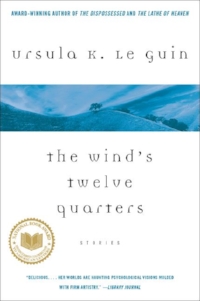



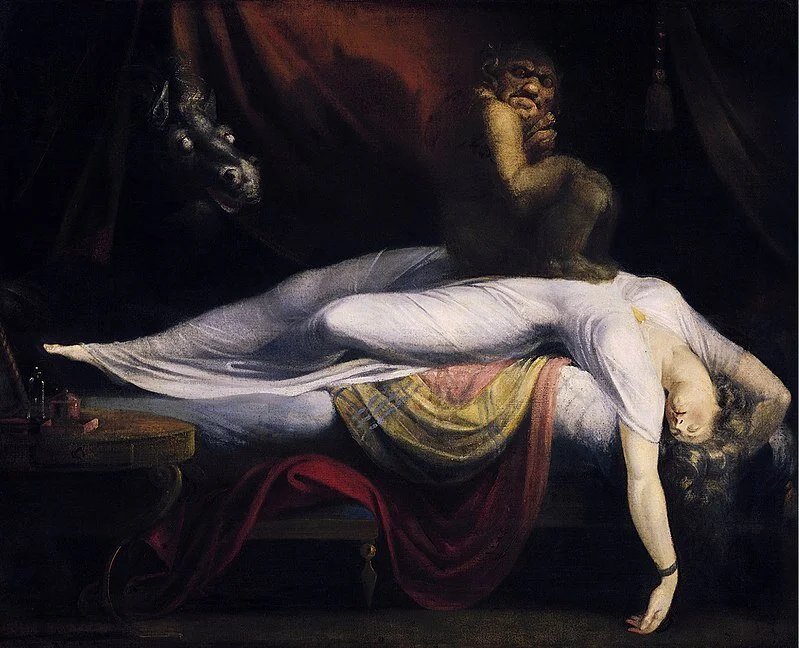





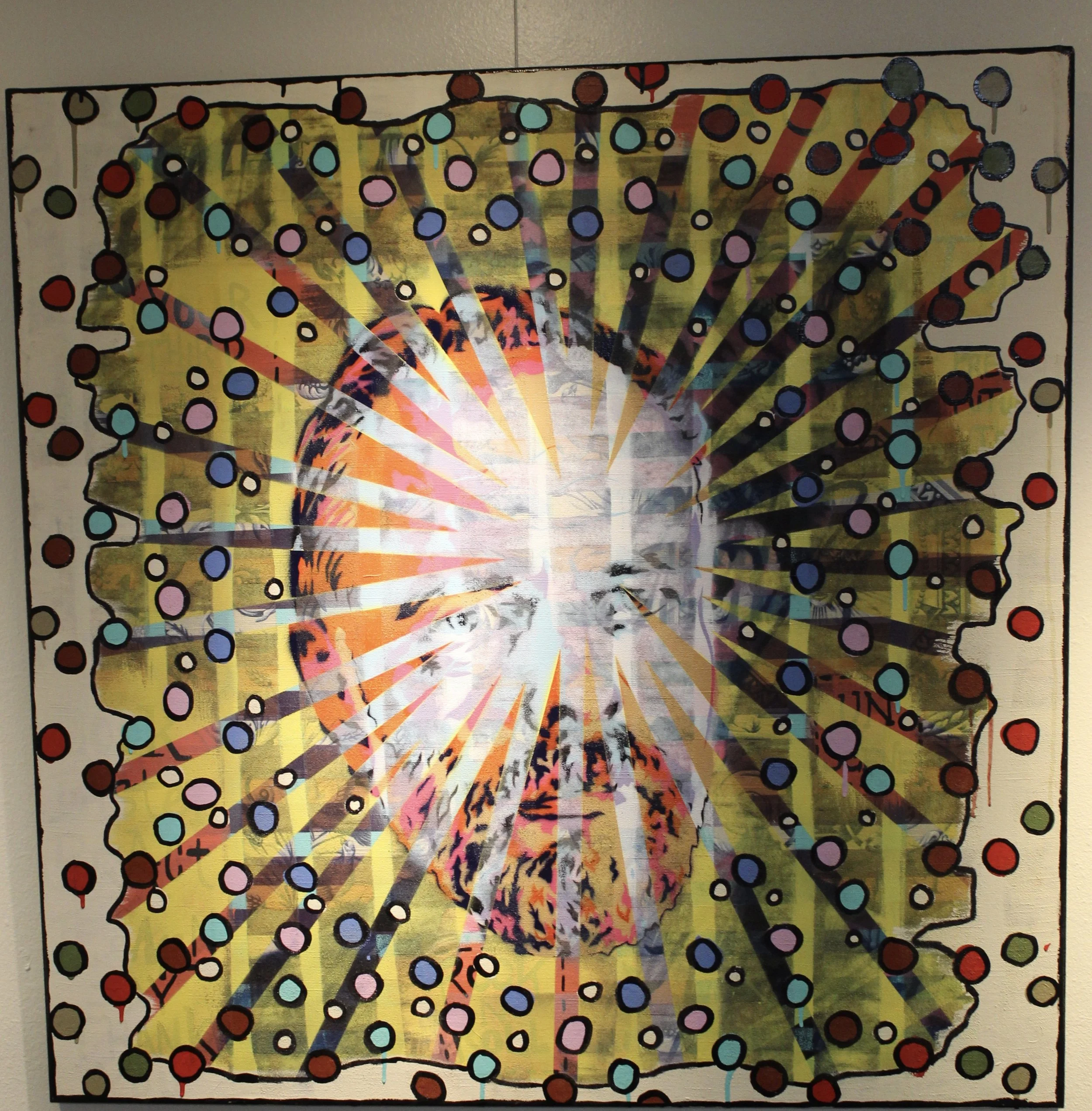
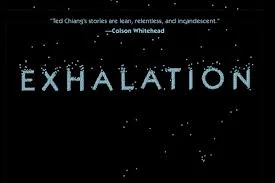











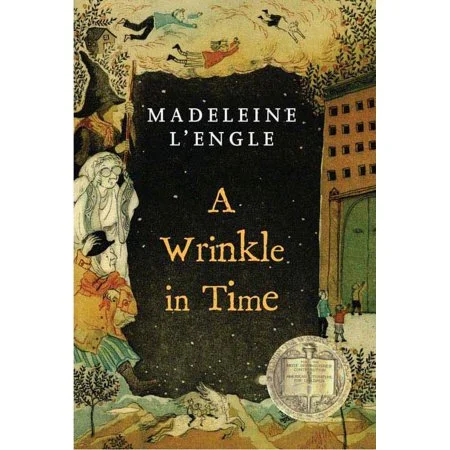


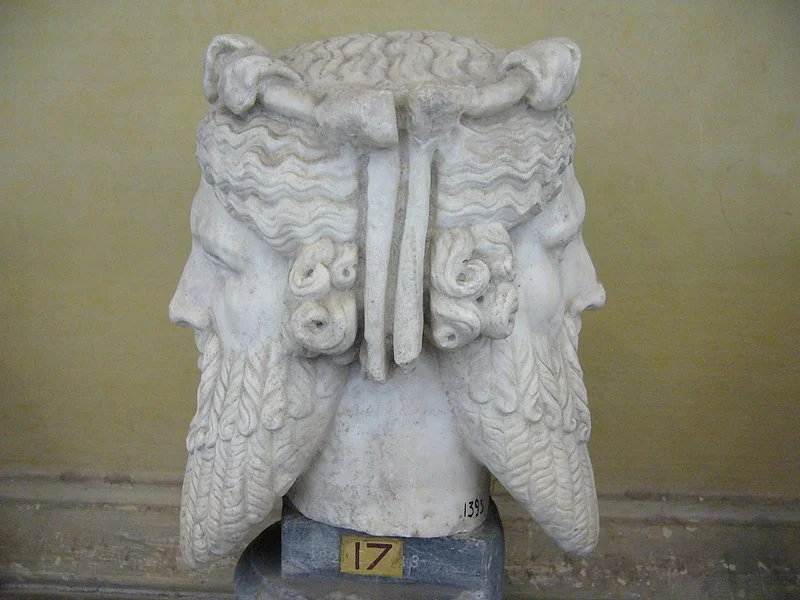



There is so much out there to read, and until you get your turn in a time loop, you don’t have time to read it all to find the highlights.